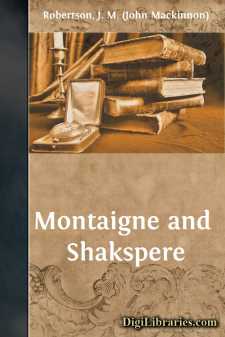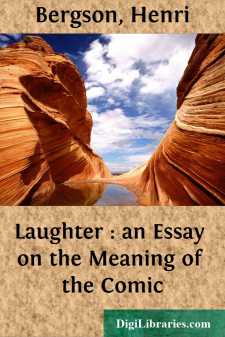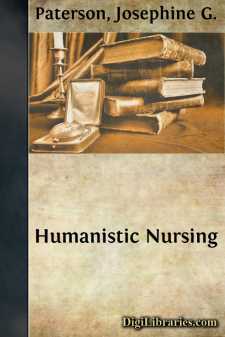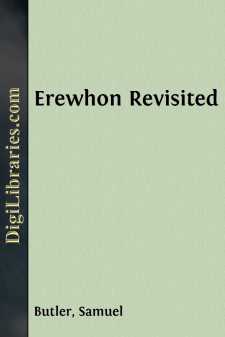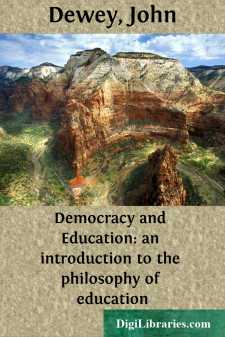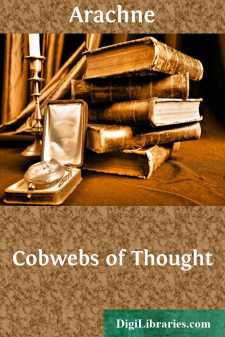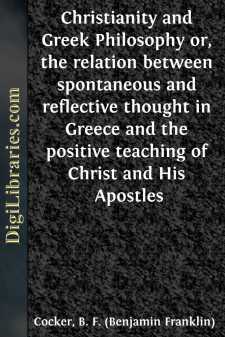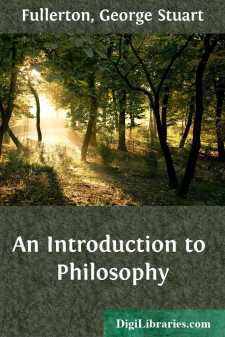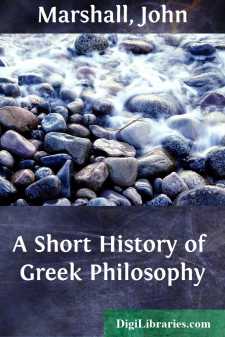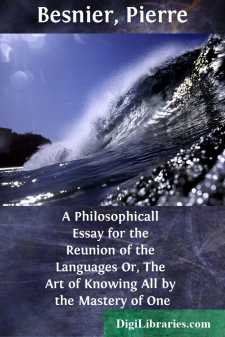Philosophy
- Aesthetics 11
- Eastern 1
- Ethics & Moral Philosophy 2
- General
- Hindu 2
- History & Surveys 3
- Logic 1
- Metaphysics 3
- Political 1
- Religious 7
- Social 3
- Taoist 1
General Books
Sort by:
MONTAIGNE AND SHAKSPERE For a good many years past the anatomic study of Shakspere, of which a revival seems now on foot, has been somewhat out of fashion, as compared with its vogue in the palmy days of the New Shakspere Society in England, and the years of the battle between the iconoclasts and the worshippers in Germany. When Mr. Fleay and Mr. Spedding were hard at work on the metrical tests; when...
more...
by:
Henri Bergson
CHAPTER I THE COMIC IN GENERAL—THE COMIC ELEMENT IN FORMS AND MOVEMENTS—EXPANSIVE FORCE OF THE COMIC. What does laughter mean? What is the basal element in the laughable? What common ground can we find between the grimace of a merry-andrew, a play upon words, an equivocal situation in a burlesque and a scene of high comedy? What method of distillation will yield us invariably the same essence from...
more...
Out of necessity nursing, as a profession, reflects the qualities of the culture in which it exists. In our culture for the past quarter of a century nursing has been assailed with rapid economic, technological, shortage- abundance, changing scenes' vicissitudes. In the individual nurse these arouse turmoil and uncertainty. These cultural stirrings inflame that part of the nurse's spirit...
more...
by:
Samuel Butler
CHAPTER I: UPS AND DOWNS OF FORTUNE—MY FATHER STARTS FOR EREWHON Before telling the story of my father’s second visit to the remarkable country which he discovered now some thirty years since, I should perhaps say a few words about his career between the publication of his book in 1872, and his death in the early summer of 1891. I shall thus touch briefly on the causes that occasioned his failure...
more...
by:
John Dewey
Chapter One: Education as a Necessity of Life 1. Renewal of Life by Transmission. The most notable distinction between living and inanimate things is that the former maintain themselves by renewal. A stone when struck resists. If its resistance is greater than the force of the blow struck, it remains outwardly unchanged. Otherwise, it is shattered into smaller bits. Never does the stone attempt to...
more...
by:
Arachne
I. OUR IGNORANCE OF OURSELVES. Self-Analysis, apart from its scientific uses, has seldom rewarded those who have practised it. To probe into the inner world of motive and desire has proved of small benefit to any one, whether hermit, monk or nun, indeed it has been altogether mischievous in result, unless the mind that probed, was especially healthy. Bitter has been the dissatisfaction, both with the...
more...
PREFACE. In preparing the present volume, the writer has been actuated by a conscientious desire to deepen and vivify our faith in the Christian system of truth, by showing that it does not rest solely on a special class of facts, but upon all the facts of nature and humanity; that its authority does not repose alone on the peculiar and supernatural events which transpired in Palestine, but also on the...
more...
I. INTRODUCTORY CHAPTER I THE MEANING OF THE WORD "PHILOSOPHY" IN THE PAST AND IN THE PRESENT I must warn the reader at the outset that the title of this chapter seems to promise a great deal more than he will find carried out in the chapter itself. To tell all that philosophy has meant in the past, and all that it means to various classes of men in the present, would be a task of no small...
more...
by:
John Marshall
THE SCHOOL OF MILETUS The question of Thales—Water the beginning of things—Soul in all things—Mystery in science—Abstraction and reality—Theory of development I. THALES.—For several centuries prior to the great Persian invasions of Greece, perhaps the very greatest and wealthiest city of the Greek world was Miletus. Situate about the centre of the Ionian coasts of Asia Minor, with four...
more...
by:
Pierre Besnier
READER. Meeting by chance with this ingenuous offer, I thought it might not be improper since I found it in another dresse, to make it speak another Language too, which among the most creditable of Europe, hath not desisted from its claim to Antiquity: There are very few Nations but have, at sometime or other, laid in their pretences to a supremacy for their Language, and have boasted an assistance...
more...


